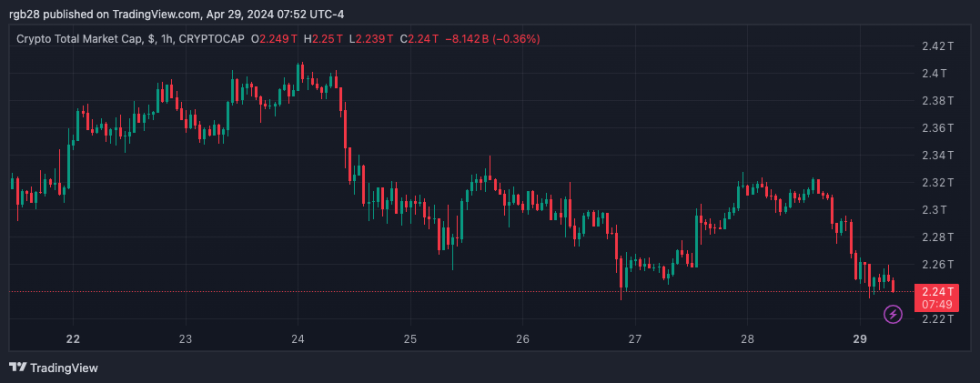Thailand’s Securities and Exchange Commission (SEC) warned digital asset platforms over crypto promotion and misleading advertisement. According to local reports, these platforms must be careful with their ads and focus on benefiting investors.
The warning follows the regulator’s efforts to stringently regulate the country amid growing concerns over crypto-related online scams.
Exchange’s Ads Required To Comply With Regulatory Rules
The Bangkok Post informed on Monday of the SEC’s latest crackdown on the crypto industry in Thailand. Per the report, the country’s regulator has cautioned digital asset exchange to proceed with discretion.
The SEC is warning platforms regarding ads and the organization of Introducing Broker Agent (IBA) events, as these activities might “violate the rules” under the agency’s supervision.
Crypto exchanges must follow the country’s regulatory business standard to operate and focus on benefiting investors. All advertising and sales promotions must subsequentially be free of false, exaggerated, distorted, concealing, or misleading information.
Moreover, ads and promotions are required to warn investors of the risks regarding crypto investments. The regulatory framework also requires promotional campaigns to “not rush customers” into deciding whether to use an exchange to invest in digital assets.
The SEC noted that IBAs can only promote digital token services “to avoid speculation on cryptocurrencies, which are high-risk assets.”
Anek Yooyuen, SEC’s deputy secretary-general, stated that exchanges “often draw investments by offering special privileges to the public.” As such, these offerings tend to entice investors to trade on their platforms:
When operators organize sales promotions by offering rewards to entice people to use the service, this could encourage the use of the service without considering the investment risks. This is especially the case for cryptocurrencies.
Crypto Ads, A Global Regulatory Concern
The regulation of crypto advertisements has been a hot topic among regulators. In 2022, Spain’s National Securities Market Commission (CNMV) issued a new regulatory framework that tackled ads.
The change of rules stated that advertisers and companies trying to market digital assets had to inform the Spanish watchdog about the content of their promotional campaigns at least ten days in advance.
Similarly to Thailand’s regulatory framework, the ads were required to include appropriate risk warnings. The change of rules also included influencers and celebrity-paid promotions. Likewise, the UK’s Financial Conduct Authority (FCA) introduced stricter rules for crypto promotion in 2023.
Promotional campaigns and ads have resulted in scams and fraud allegations. In February, Korean influencers and celebrities were involved in a fraud case for allegedly promoting the blockchain sports platform Winnerz without disclosure.
The most prominent crypto advertising scandal involves the EthereumMax (EMAX) promotional campaign. In 2022, big celebrities and athletes promoted the project on their social media platforms undisclosed. Most notably, reality TV star and socialite Kim Kardashian received $250,000 to promote EMAX to her more than 320 million followers.
The US regulator charged the TV star with “breaching the anti-touting provision of the federal securities laws,” which resulted in a $1.2 million penalty. Furthermore, the socialite agreed to stop crypto promotion for three years and cooperate with the SEC’s investigation.
At the time of the incident, the SEC’s Chair Gary Gensler reminded exchanges that promotions must comply with the regulatory framework.

Total crypto market cap is at $2.24 trillion on the weekly chart. source: TOTAL on TradingView
Featured Image from Unsplash.com, Chart from TradingView.com


